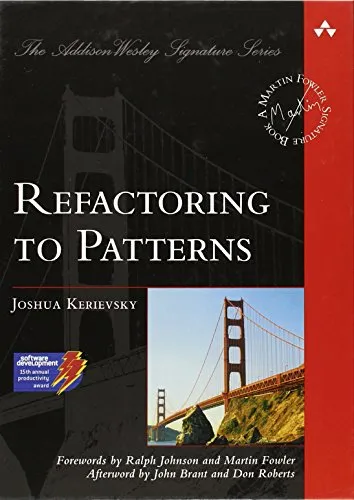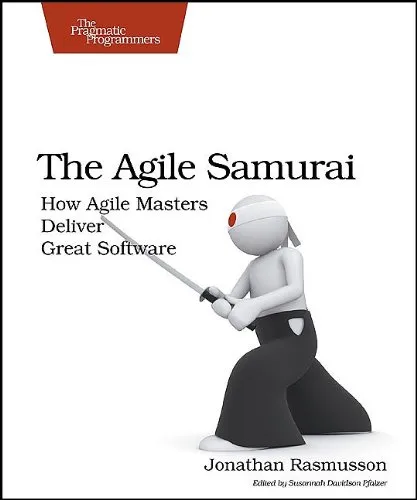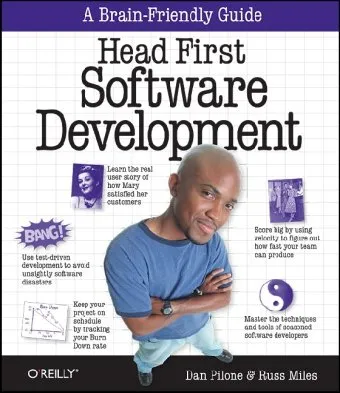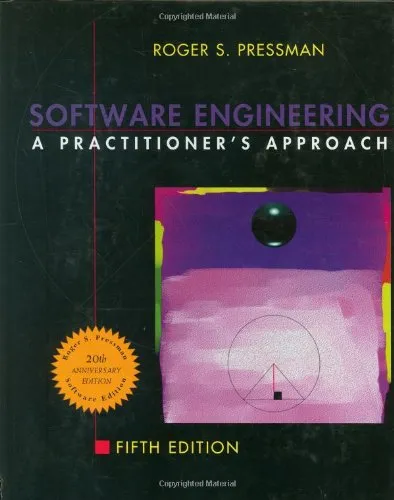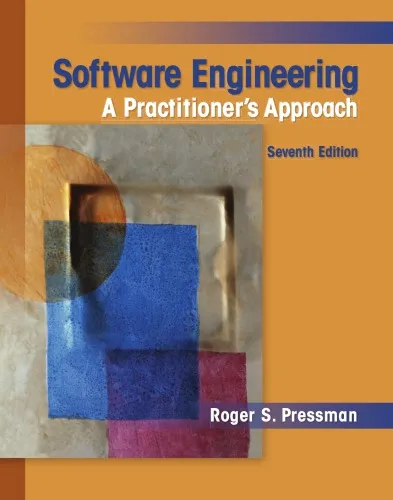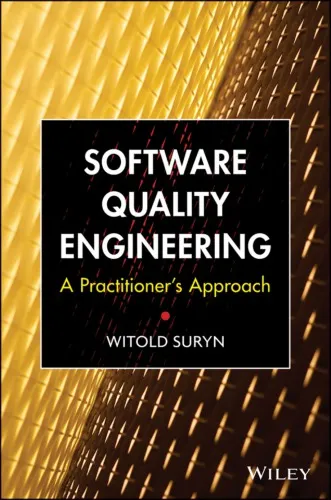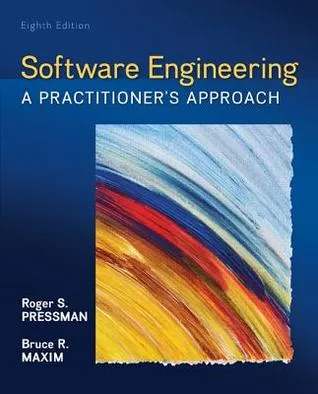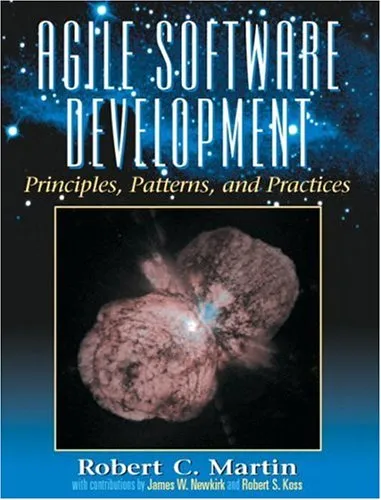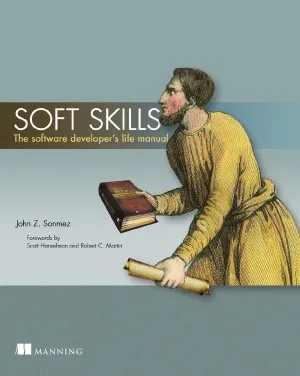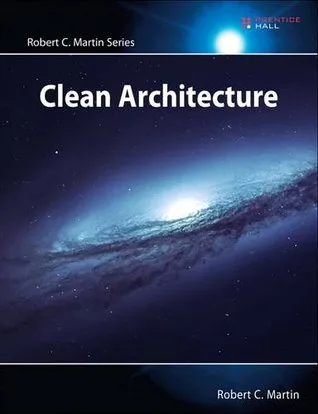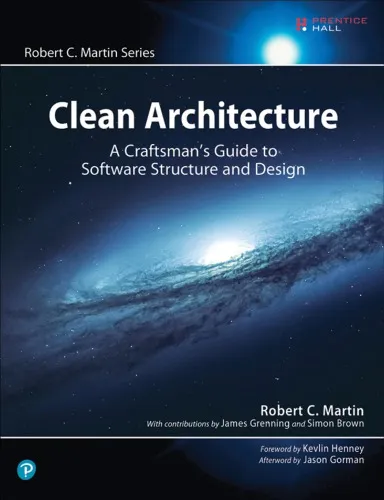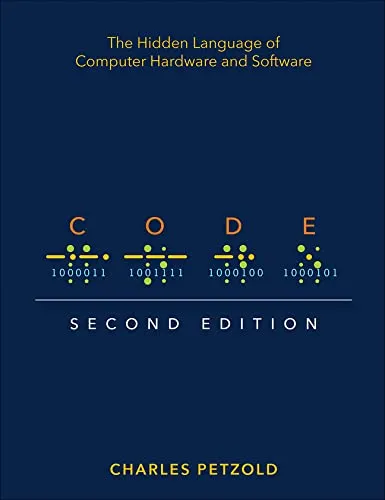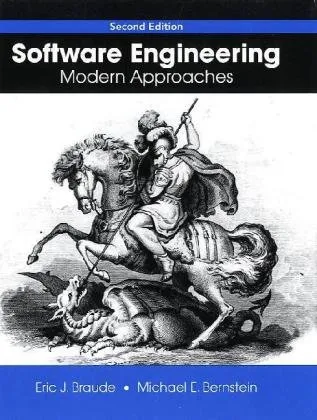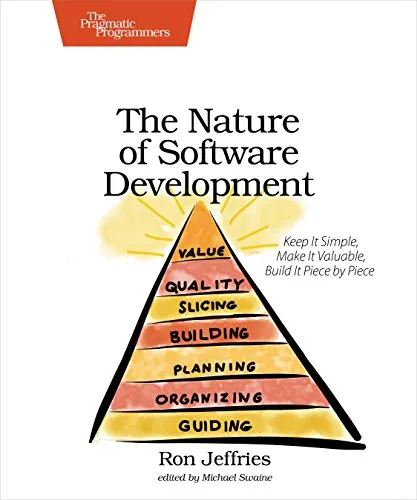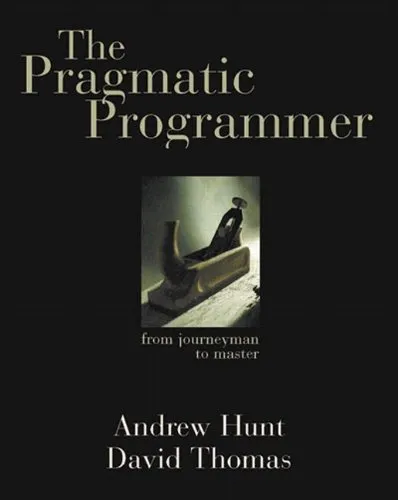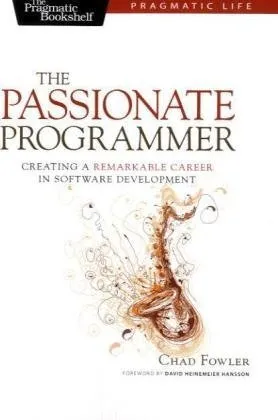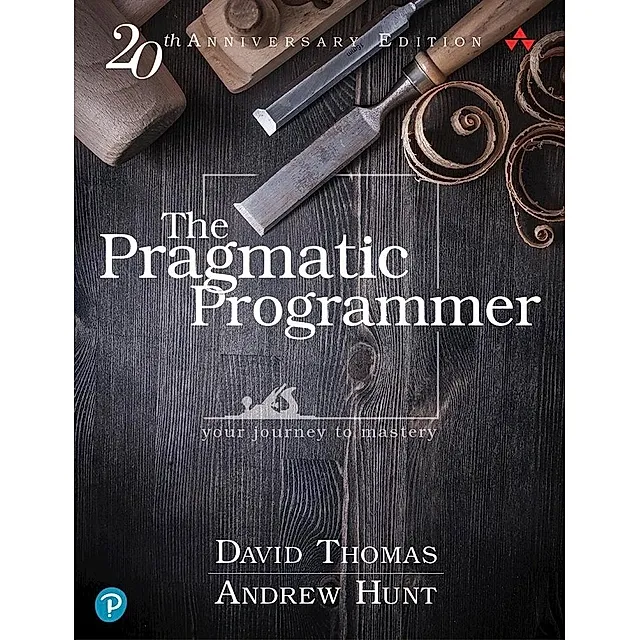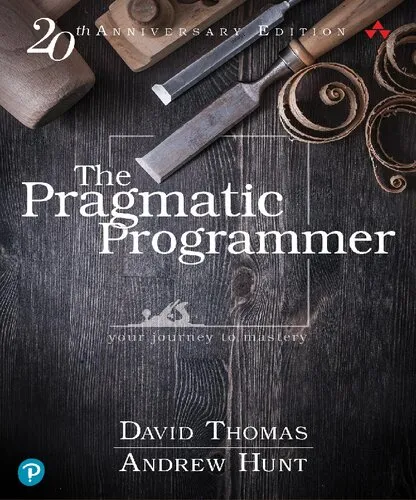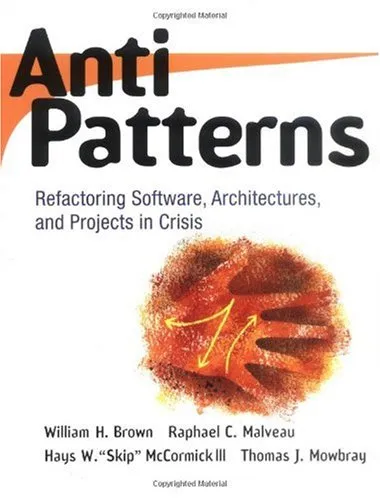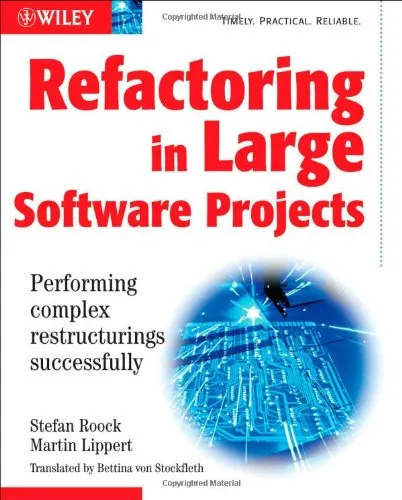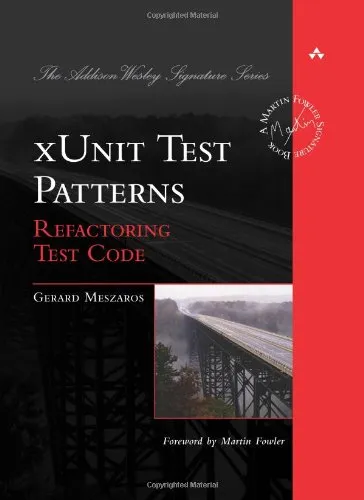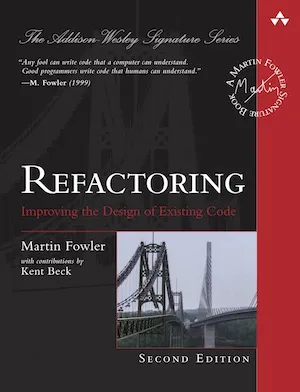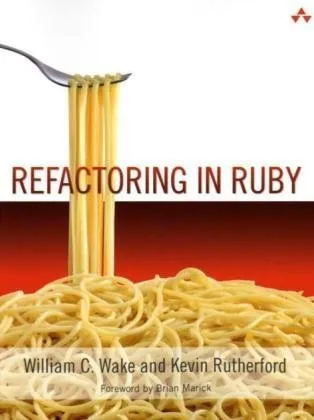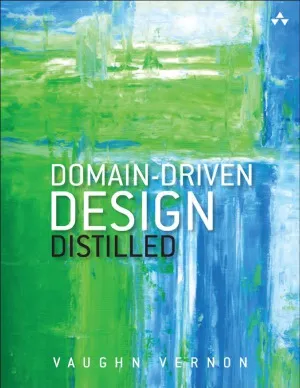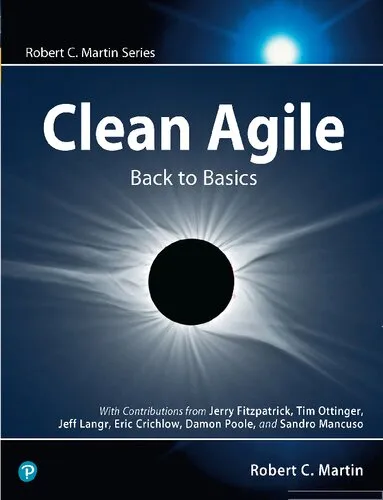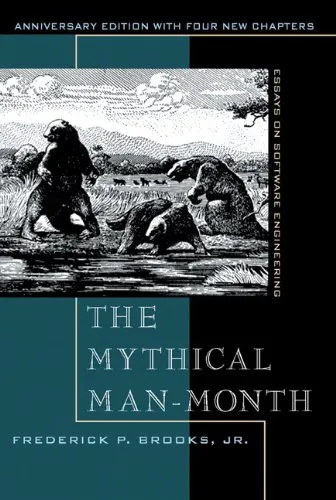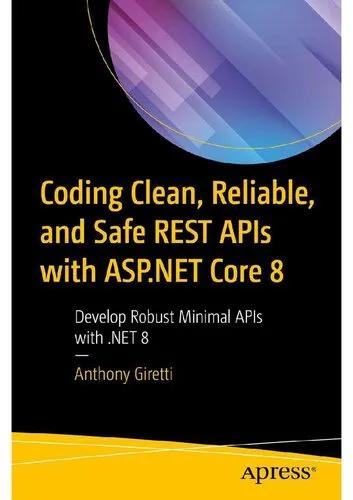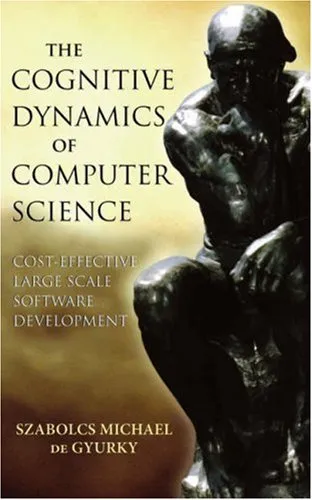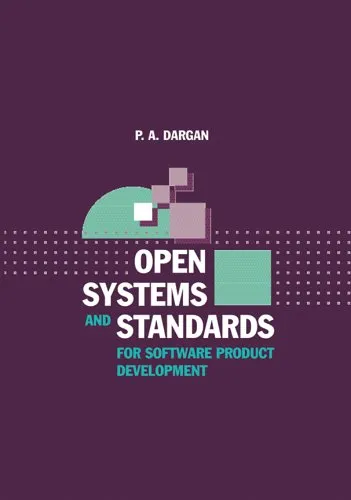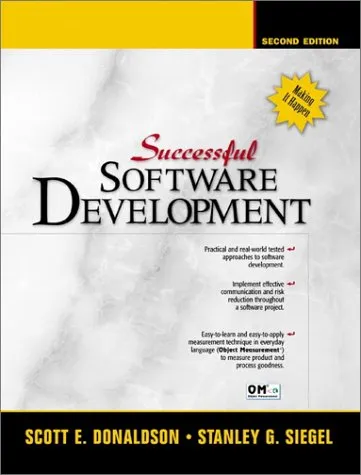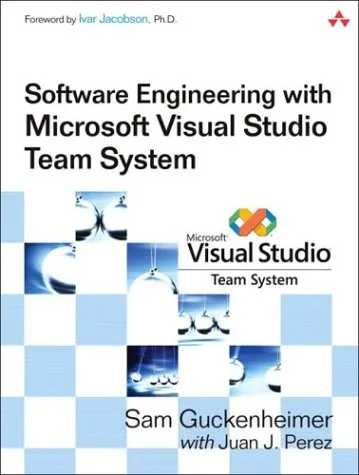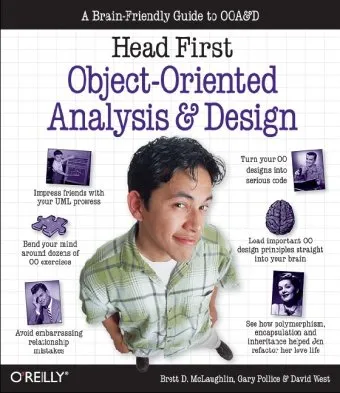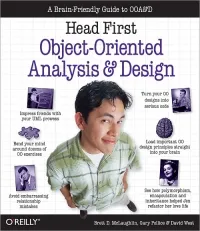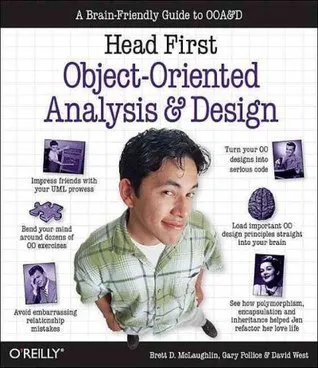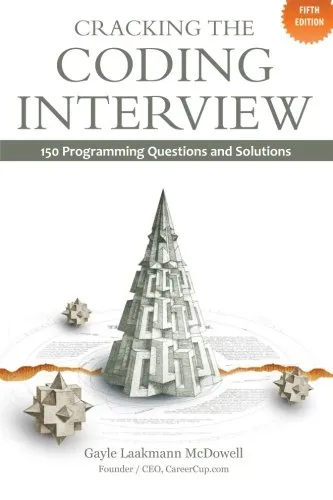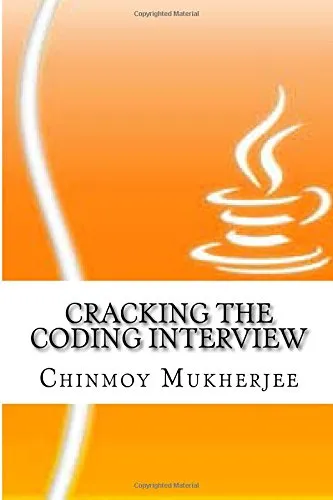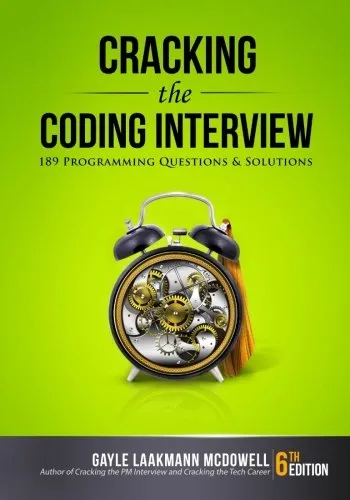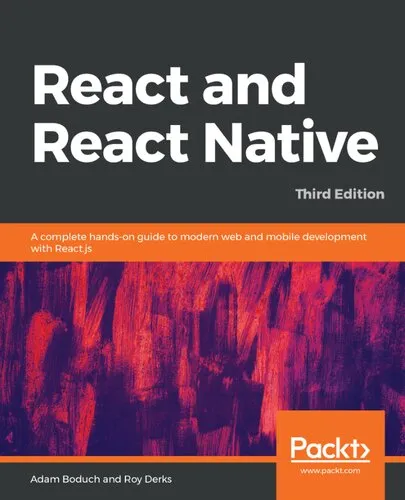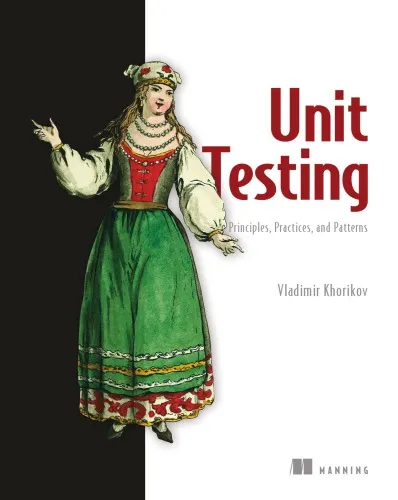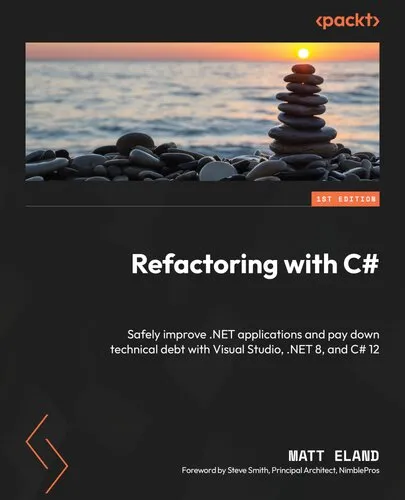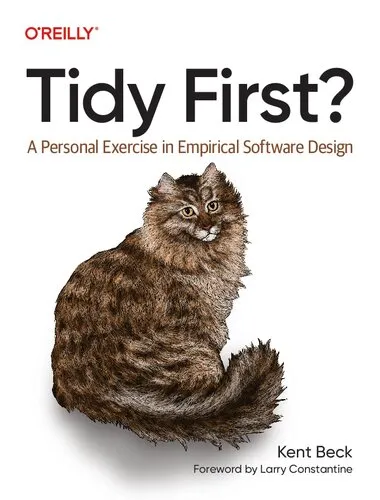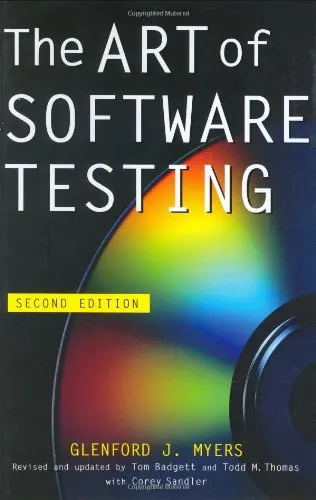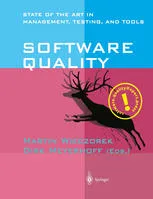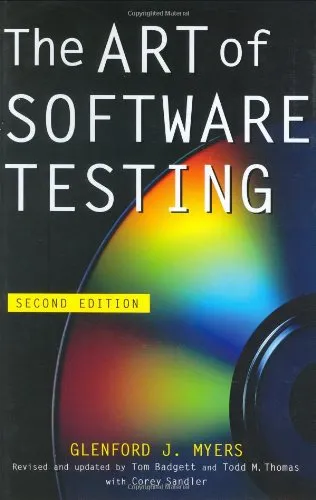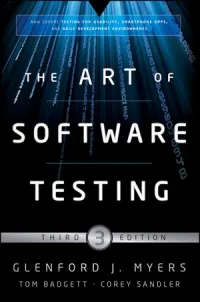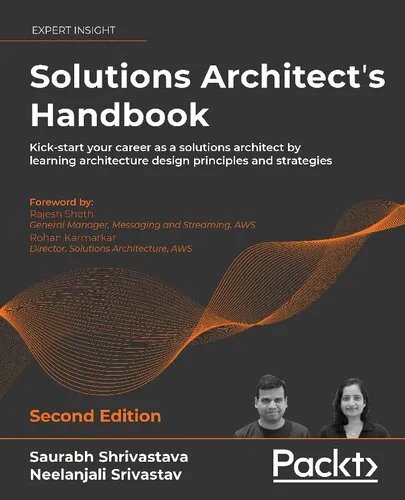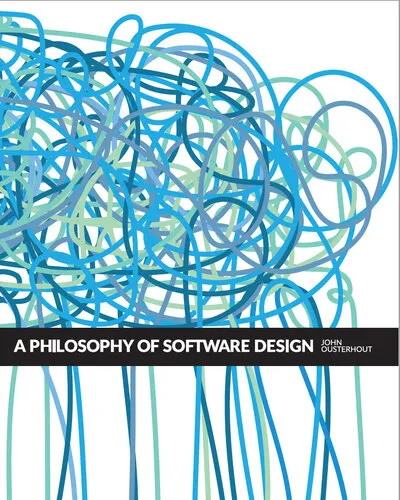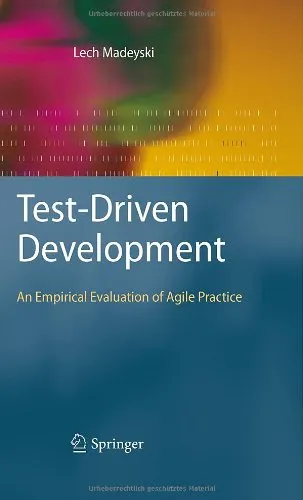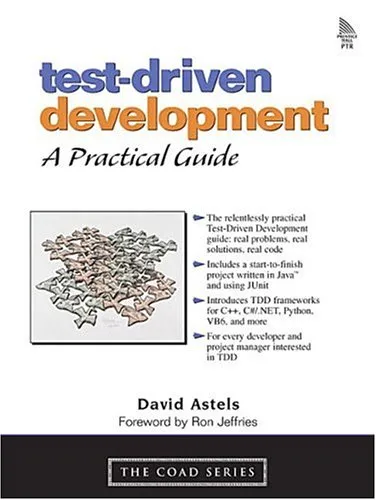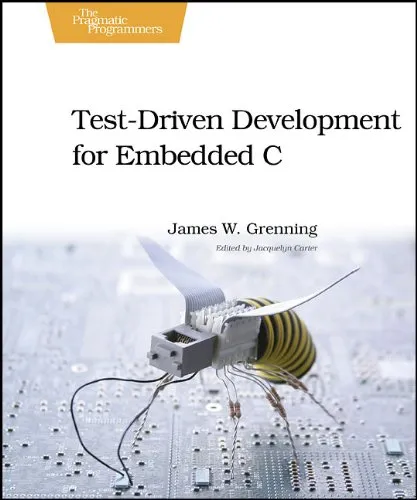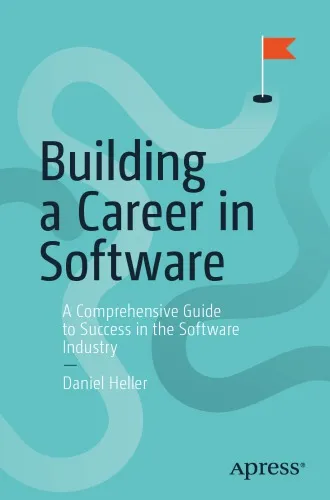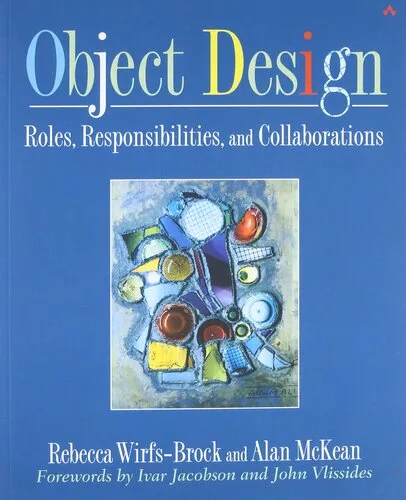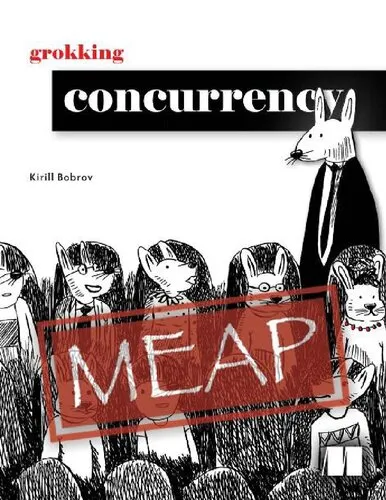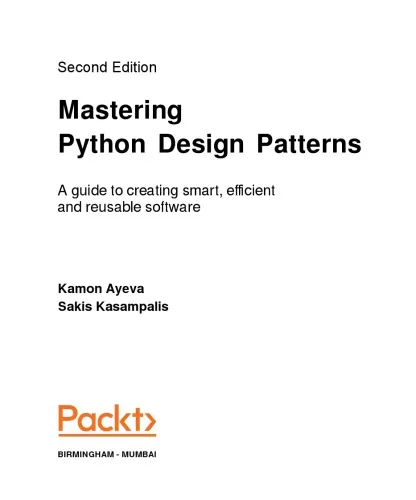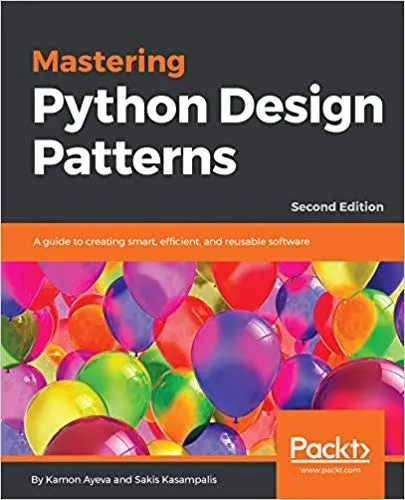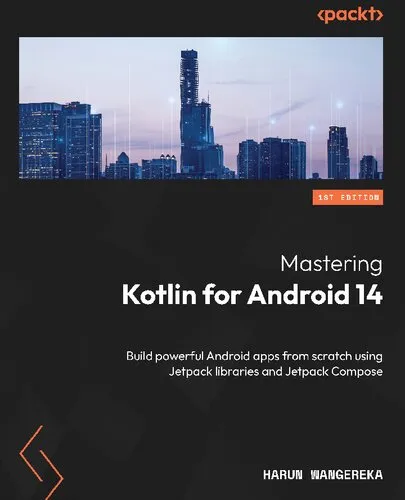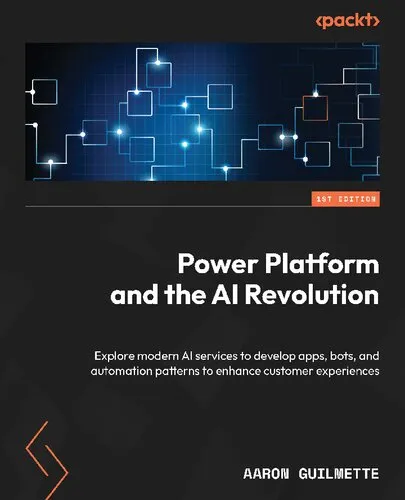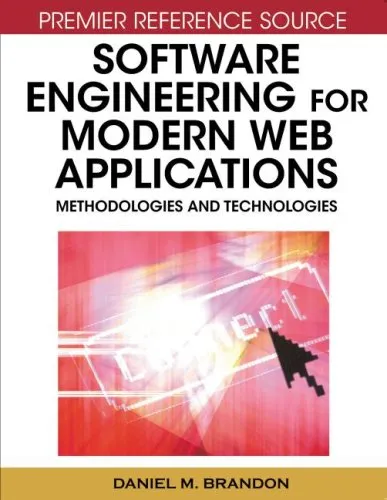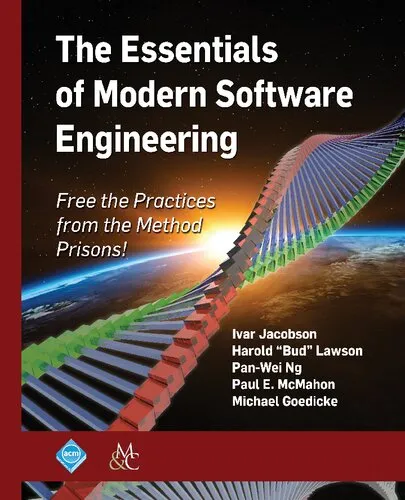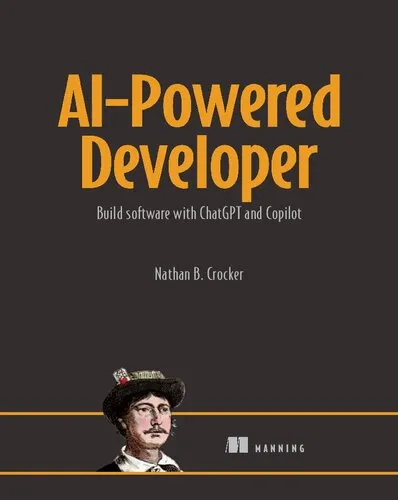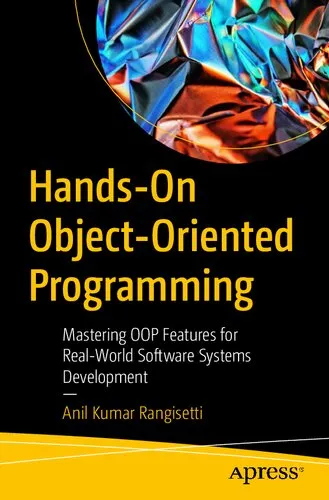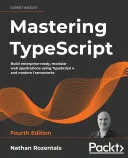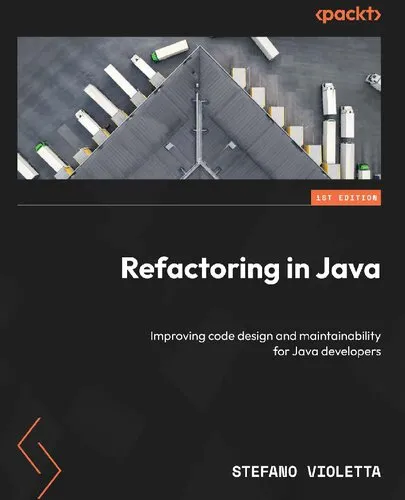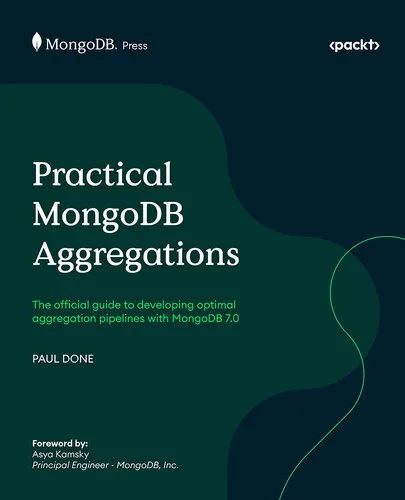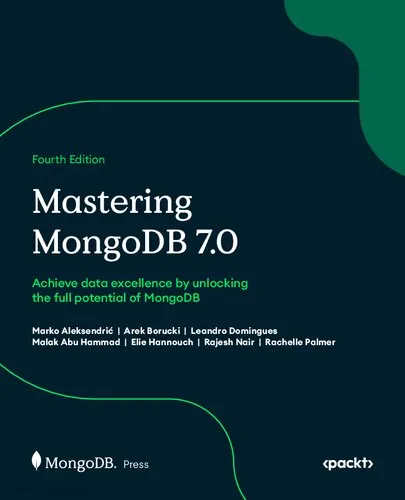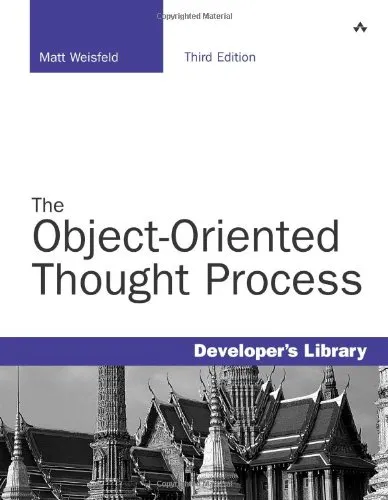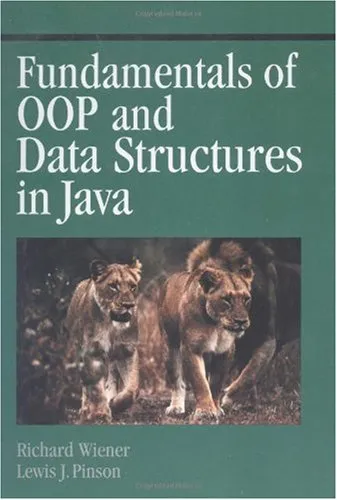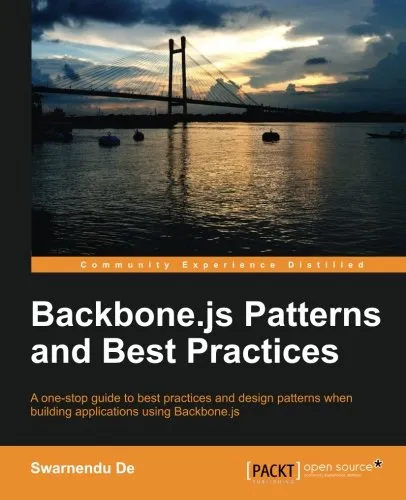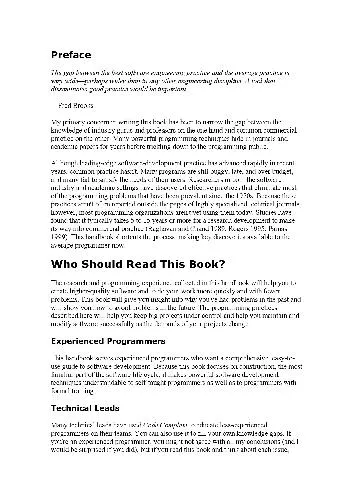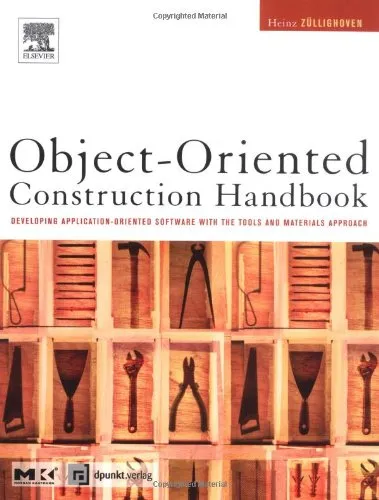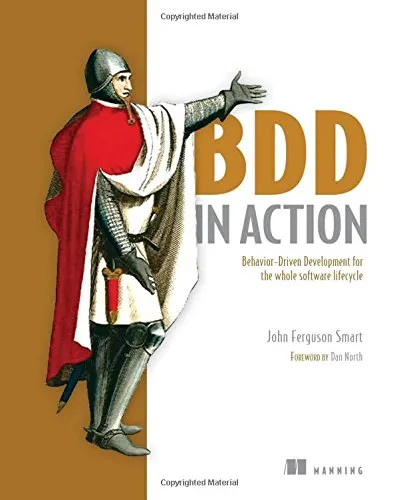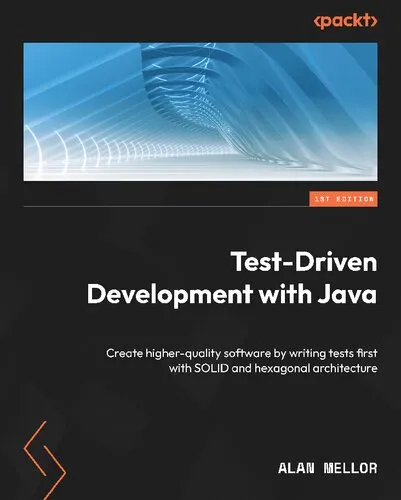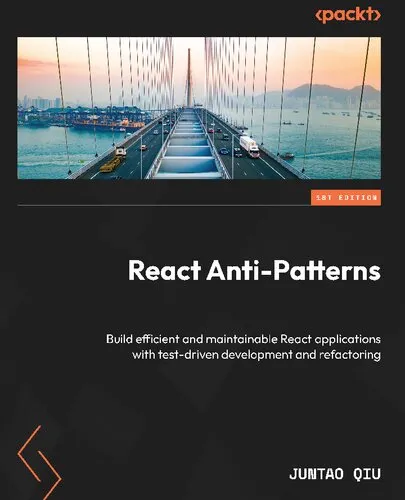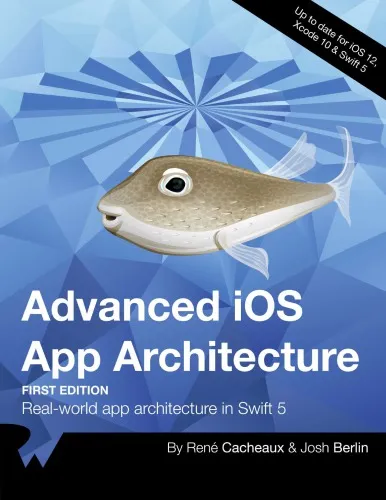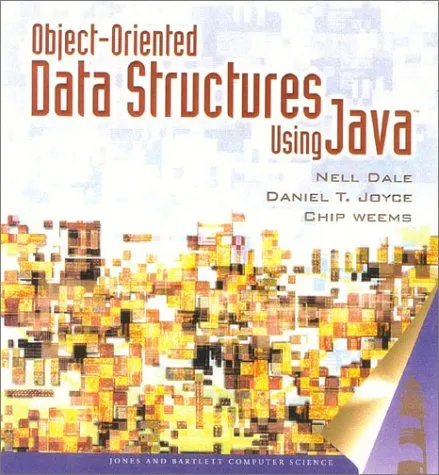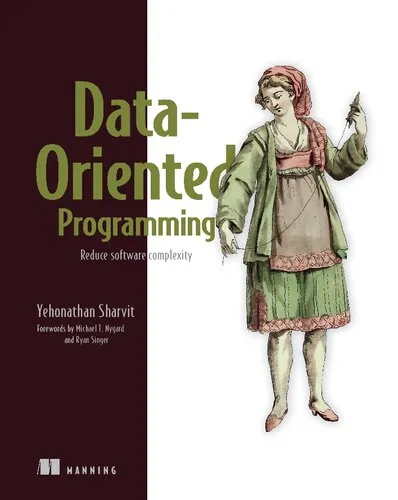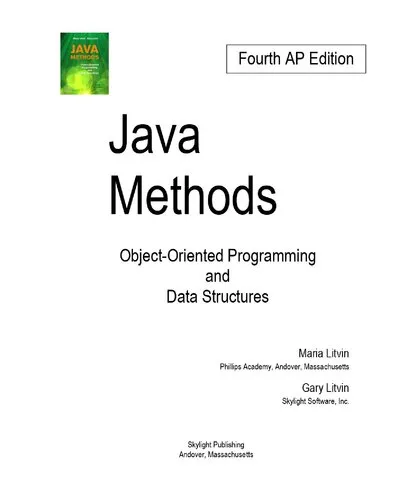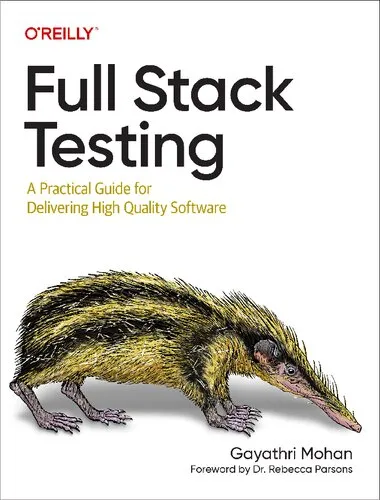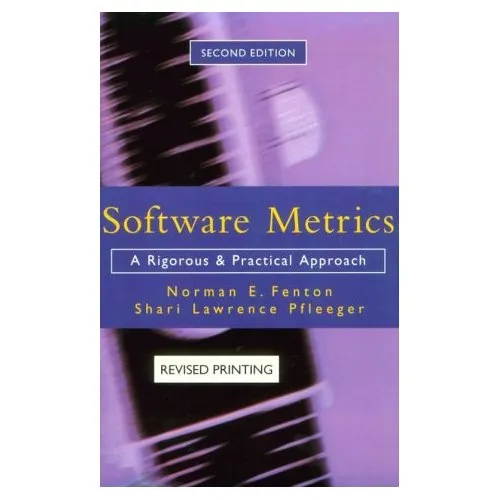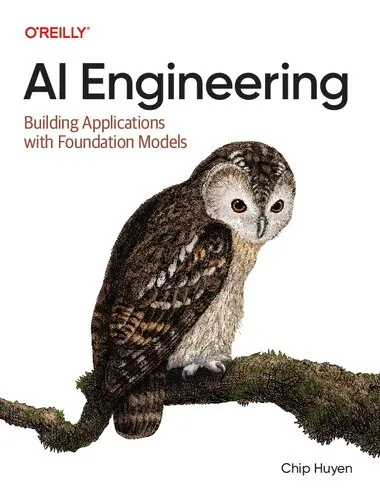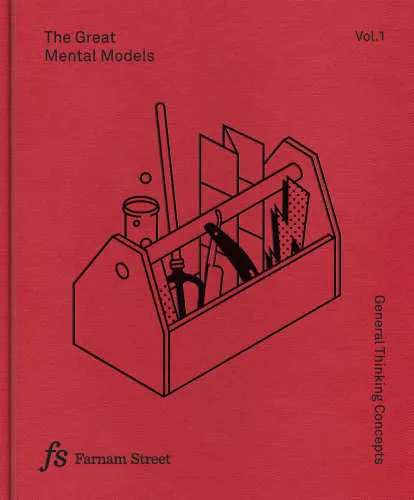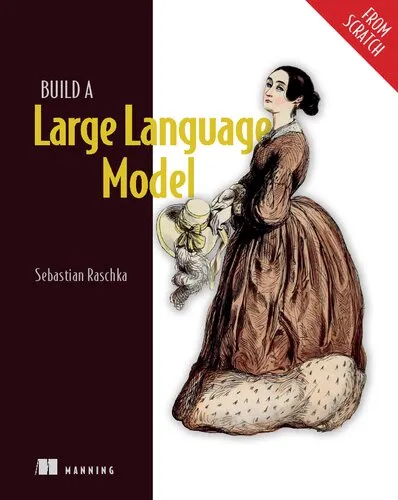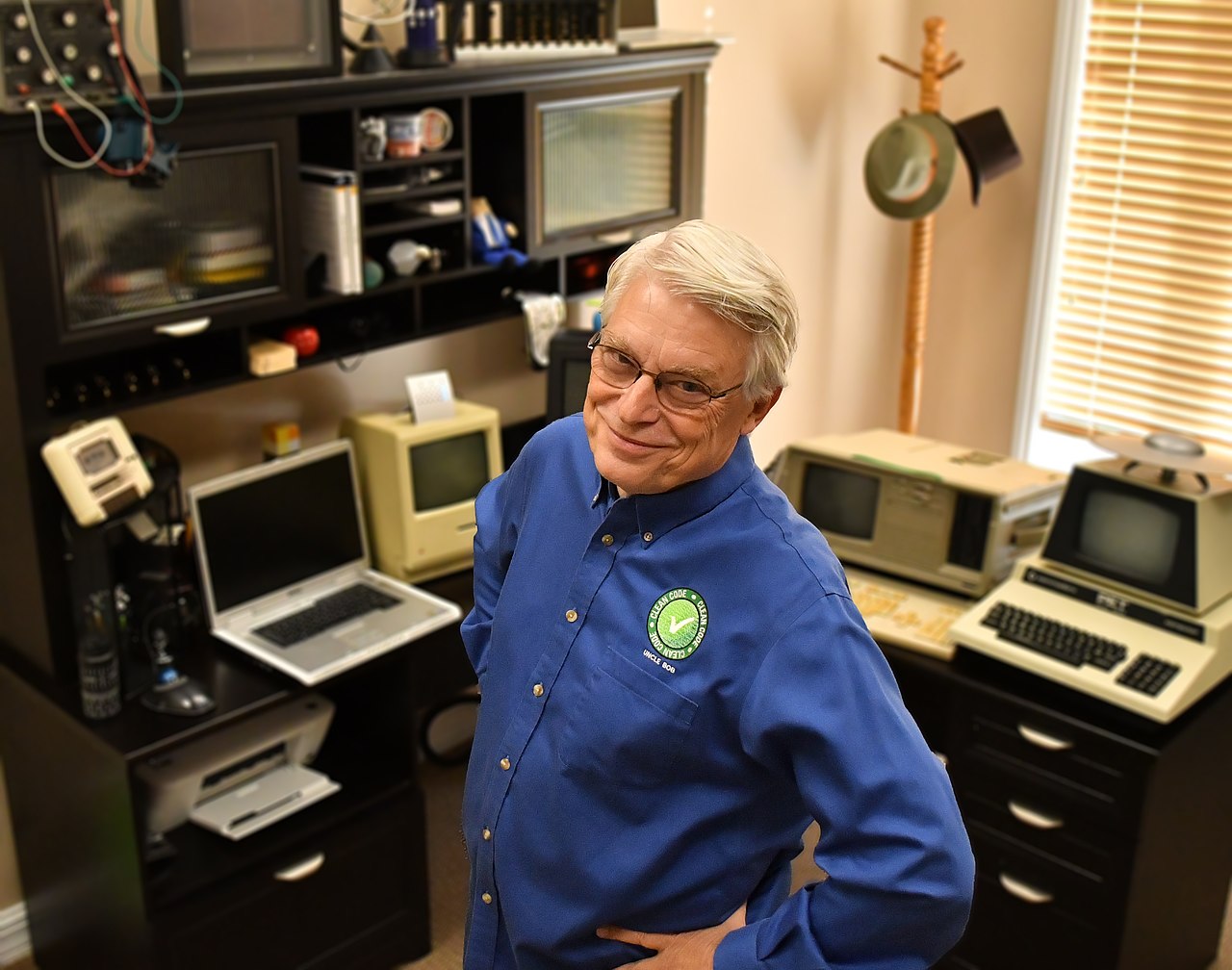Clean Code: A Handbook of Agile Software Craftsmanship
5.0
Reviews from our users

You Can Ask your questions from this book's AI after Login
Each download or ask from book AI costs 2 points. To earn more free points, please visit the Points Guide Page and complete some valuable actions.Related Refrences:
Persian Summary
Introduction to Clean Code A Handbook of Agile Software Craftsmanship
Written by Robert C. Martin also known as "Uncle Bob" Clean Code A Handbook of Agile Software Craftsmanship is a seminal book that has revolutionized the way software developers approach coding. Published in 2008 this book has become a must-read for software professionals emphasizing the importance of writing clean maintainable and efficient code.
Detailed Summary of the Book
The book is divided into three main sections principles case studies and heuristics. The first section focuses on the principles of clean code including the importance of meaningful names functions and comments. Martin emphasizes that clean code is not just about aesthetics but also about functionality and maintainability.
The second section presents case studies of real-world code demonstrating how to transform messy complex code into clean maintainable code. These case studies cover various programming languages including Java C and Python. Martin walks readers through the process of refactoring code highlighting the importance of testing debugging and continuous improvement.
The third section explores heuristics or rules of thumb for writing clean code. Martin discusses topics such as error handling boundary conditions and the importance of keeping code simple and concise. He also emphasizes the importance of code reviews pair programming and continuous learning.
Key Takeaways
Some of the key takeaways from Clean Code include
- Meaningful names are crucial for writing clean code. Names should be descriptive concise and consistent.
- Functions should be short focused and do one thing well. Avoid long complex functions that perform multiple tasks.
- Comments should be used sparingly and only when necessary. Comments should explain why not what.
- Code should be tested thoroughly and testing should be automated whenever possible.
- Code reviews and pair programming are essential for ensuring code quality and catching errors early.
Famous Quotes from the Book
Some of the most famous quotes from Clean Code include
"Clean code is not just about aesthetics it's about functionality and maintainability."
"The only way to make the deadlinethe only way to go fastis to keep the code clean."
"A class should have a single reason to change."
"The first rule of functions is that they should be short. The second rule is that if a function is long it should be broken up into smaller functions."
Why This Book Matters
Clean Code matters because it has a direct impact on the quality maintainability and efficiency of software systems. Writing clean code is not just about following best practices it's about creating software that is reliable scalable and easy to maintain.
By following the principles and heuristics outlined in Clean Code software developers can
- Reduce bugs and errors
- Improve code readability and maintainability
- Enhance collaboration and communication among team members
- Increase productivity and efficiency
- Deliver high-quality software that meets user needs
Overall Clean Code is a must-read for software developers architects and managers who want to create high-quality software that is maintainable efficient and reliable.
Free Direct Download
You Can Download this book after Login
Accessing books through legal platforms and public libraries not only supports the rights of authors and publishers but also contributes to the sustainability of reading culture. Before downloading, please take a moment to consider these options.
Find this book on other platforms:
WorldCat helps you find books in libraries worldwide.
See ratings, reviews, and discussions on Goodreads.
Find and buy rare or used books on AbeBooks.
2527
بازدید5.0
امتیاز4
نظر98%
رضایتReviews:
5.0
Based on 4 users review
marcelo
April 23, 2025, 1:26 p.m.
This book is an essential tool for any software engineer. After reading this book you'll write clean and organized code.
haider85
Sept. 5, 2025, 1:33 p.m.
I didn’t read this book until now but all I know it’s perfect guide for any programmer that want to write clean code
haider85
Sept. 5, 2025, 1:33 p.m.
I didn’t read this book until now but all I know it’s perfect guide for any programmer that want to write clean code
haider85
Sept. 5, 2025, 1:34 p.m.
I didn’t read this book until now but all I know it’s perfect guide for any programmer that want to write clean code
Questions & Answers
Ask questions about this book or help others by answering
No questions yet. Be the first to ask!
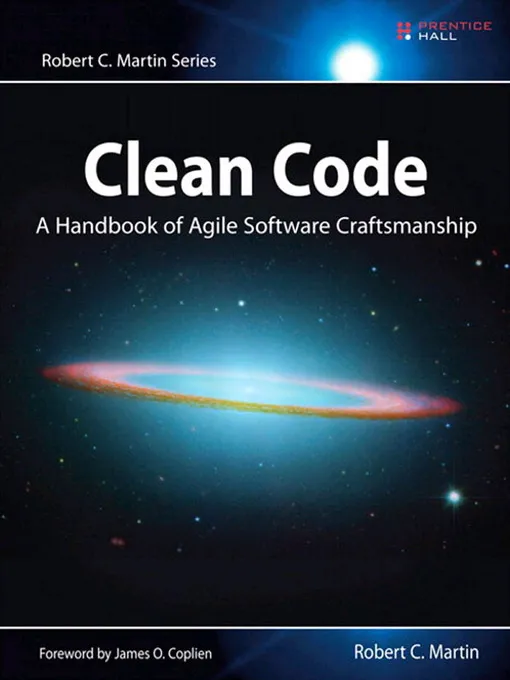

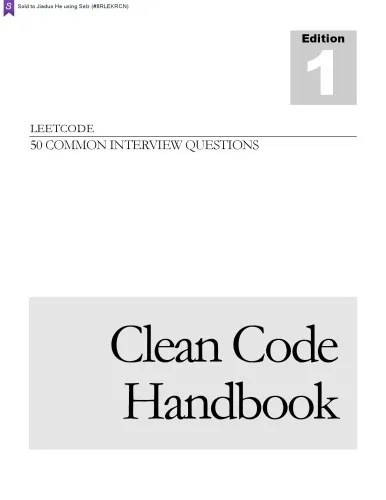
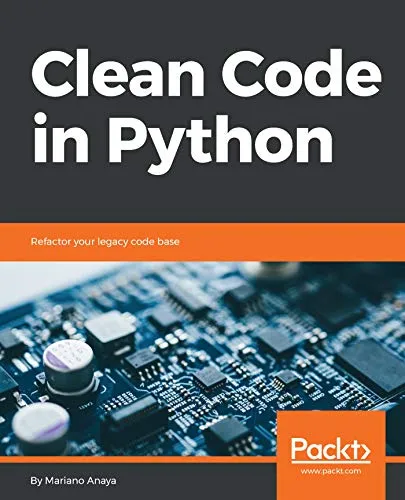
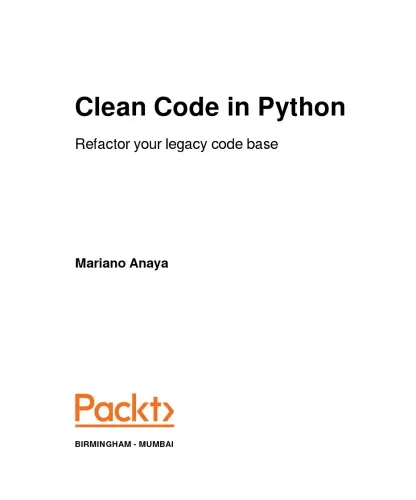
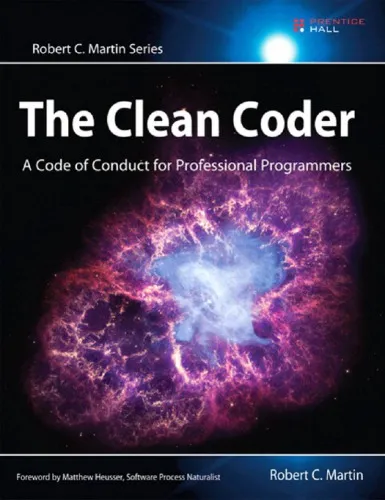
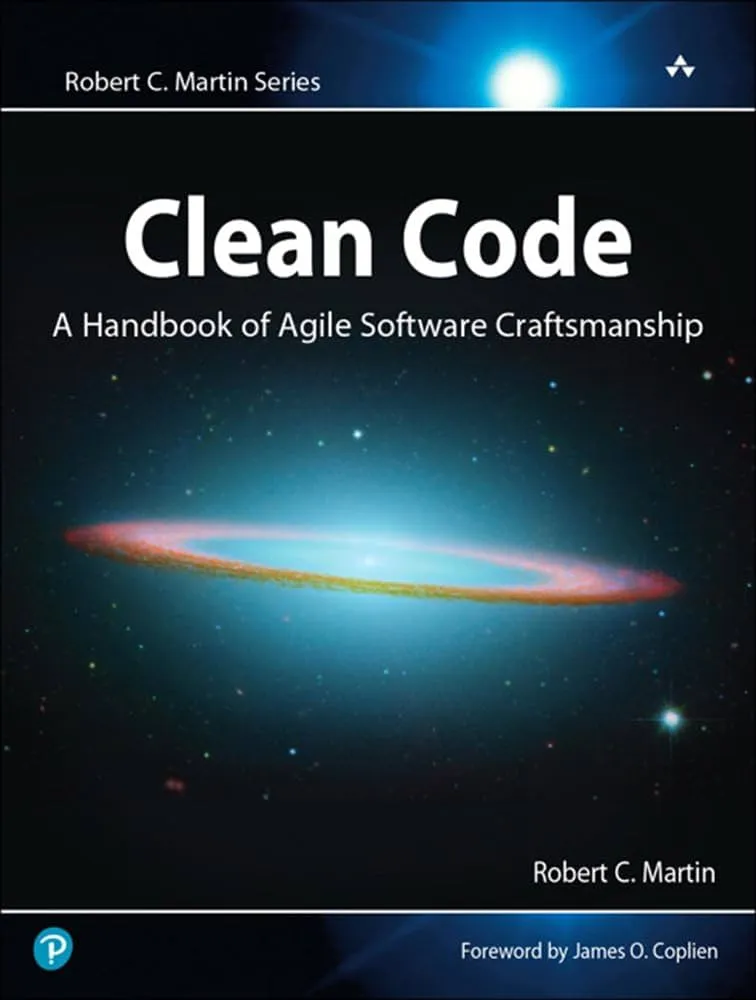
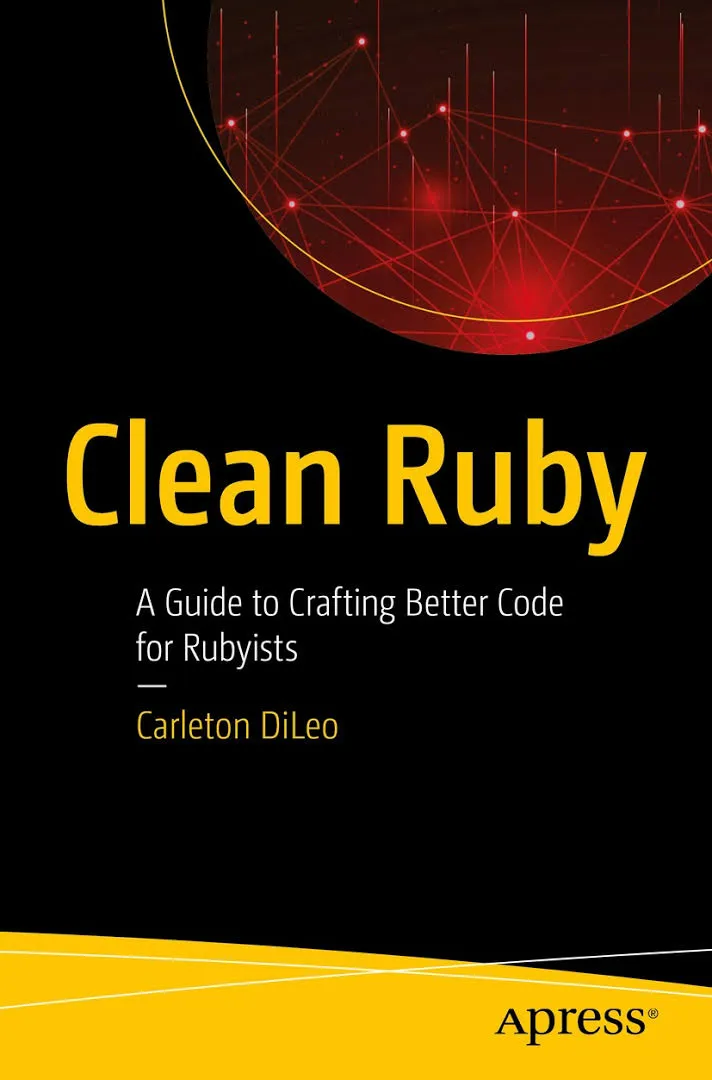
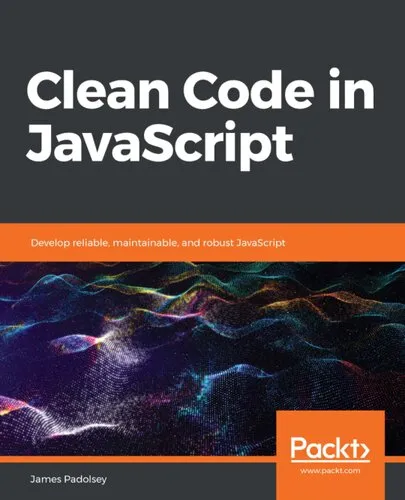
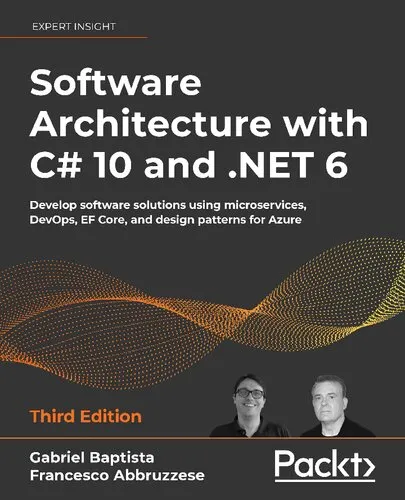
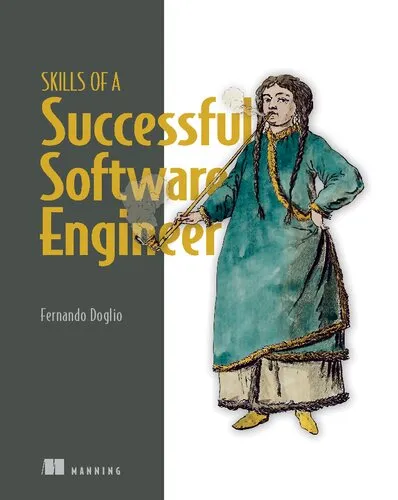
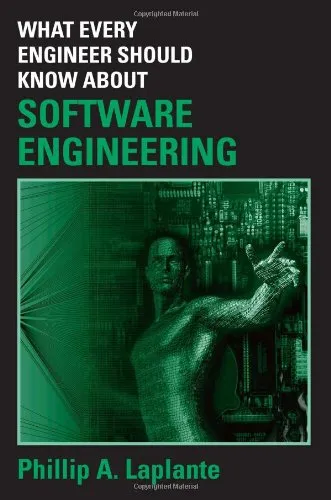

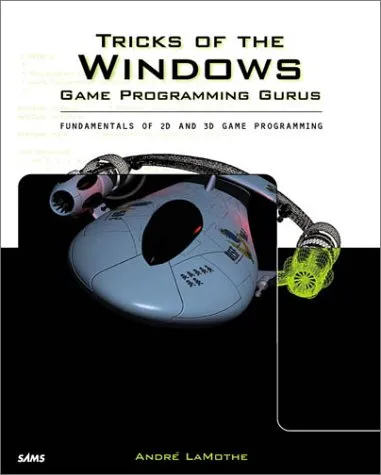
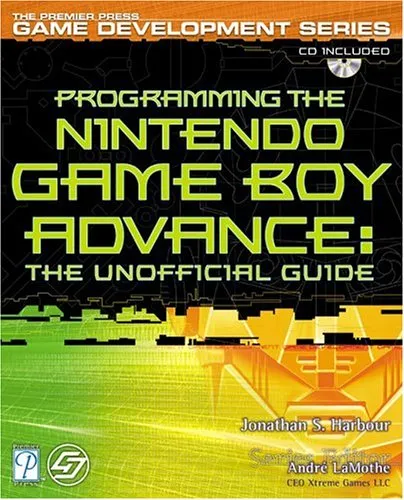
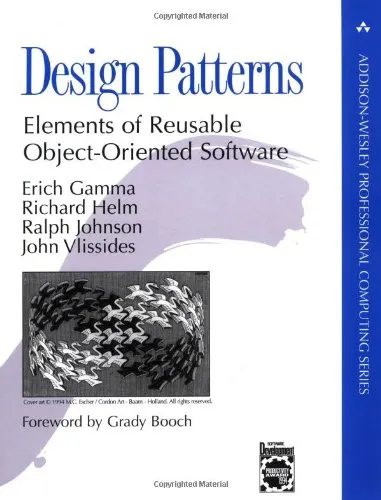
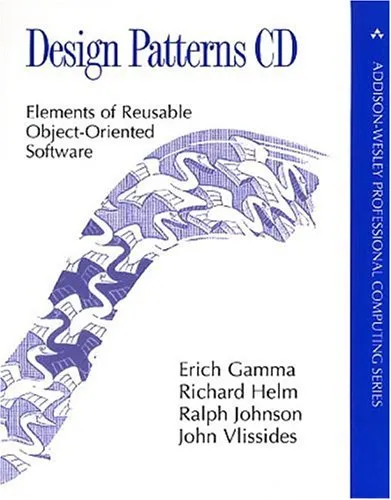
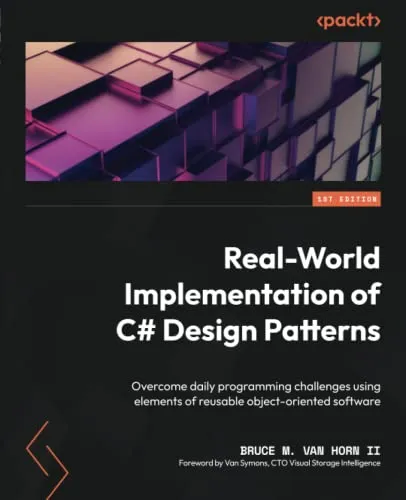
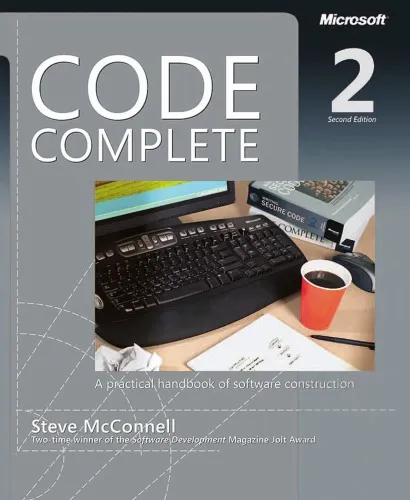
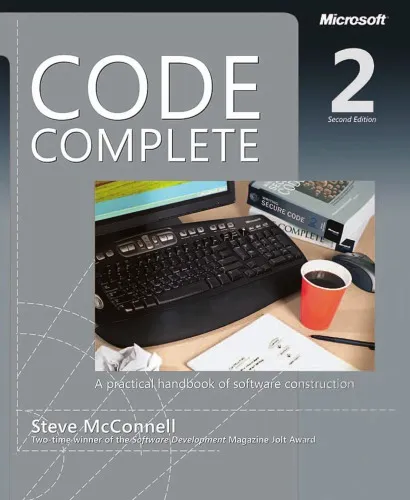

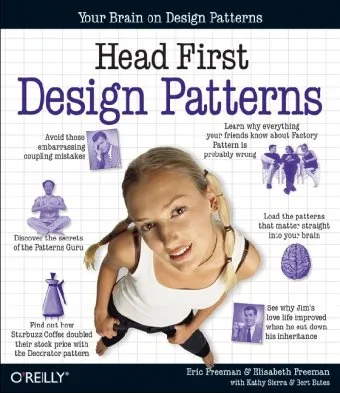
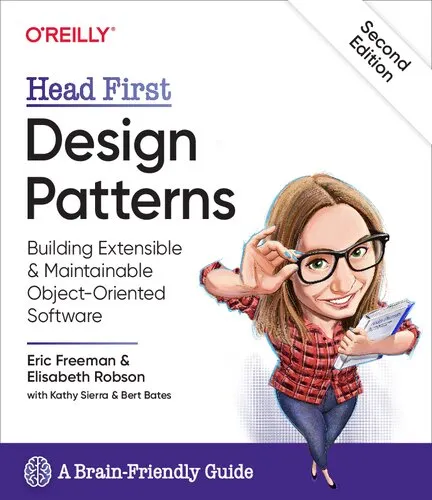
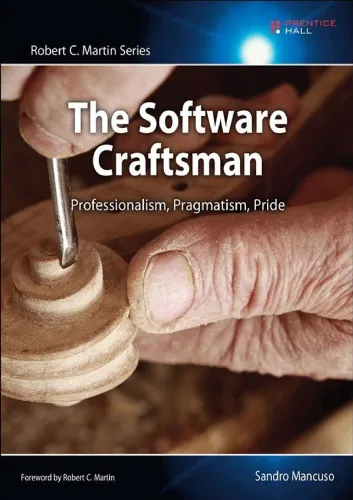
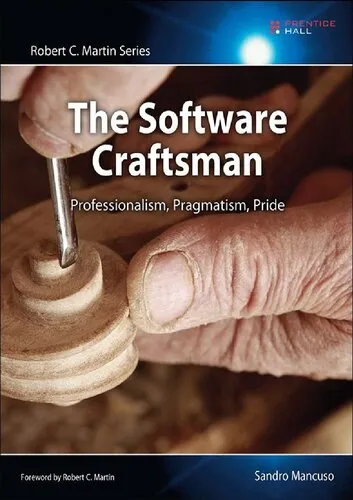
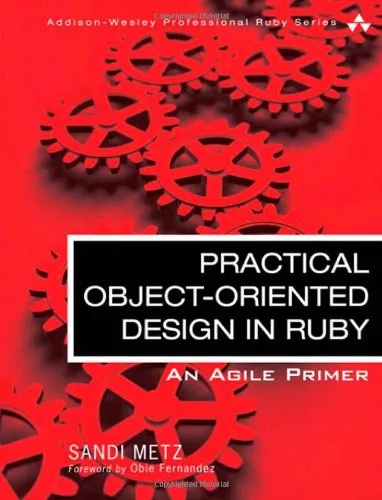
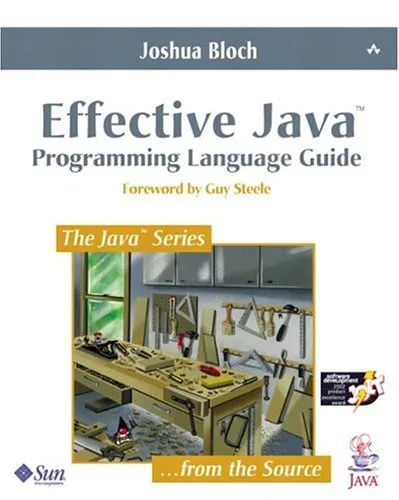
![Effective Java[TM]](https://s3.refhub.ir/images/thumb/Effective_Java_TM_1387.webp)
